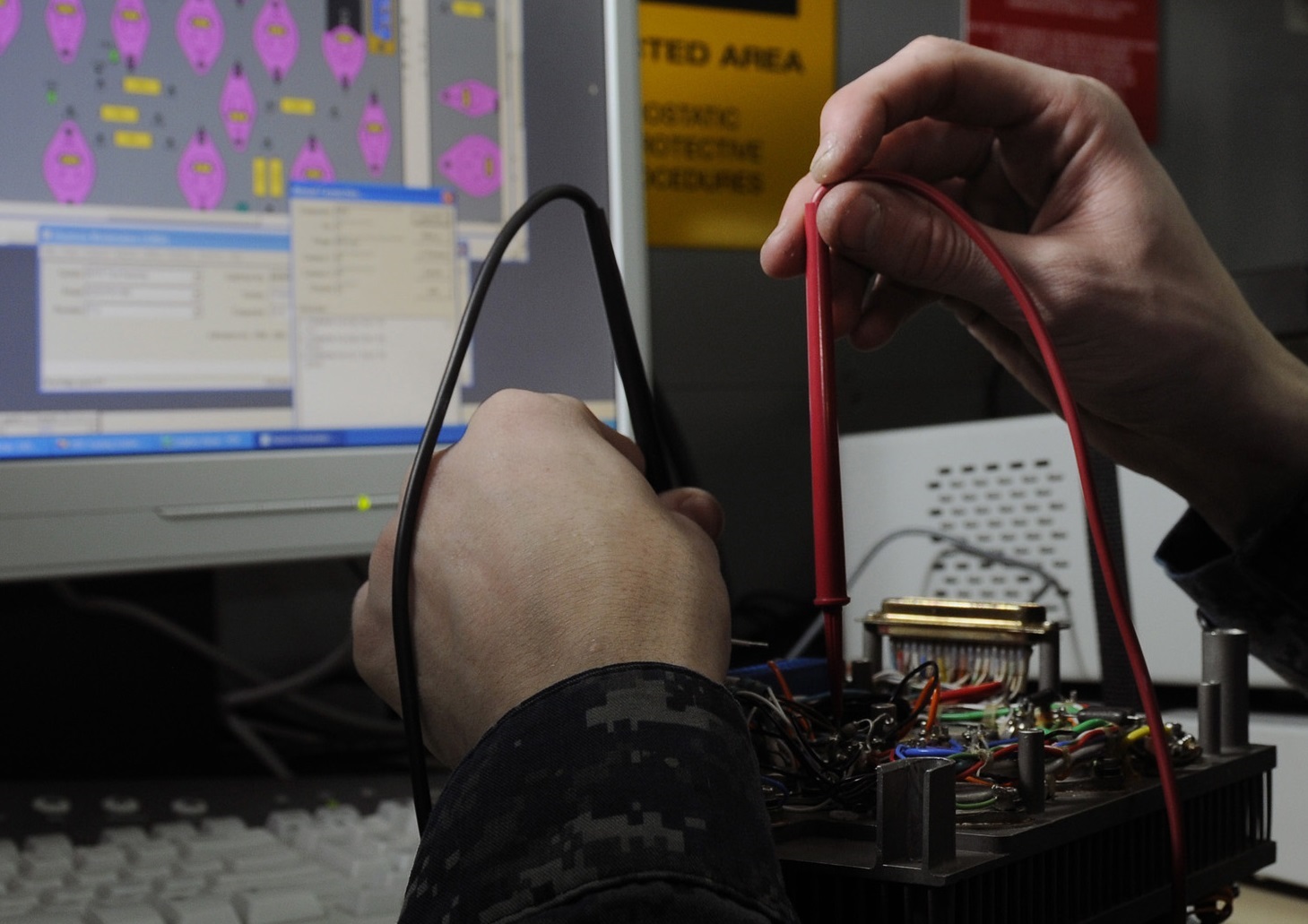Pedagogical assessment has been losing ground in education, largely owing to a social function of learning certification. In order to find alternatives to the traditional means of assessment, we decided to explore an active, collective methodology and use work stations to verify what had been learned, without necessarily administering a test.
Photo: Bigstock
In Chile, as in many Latin American countries, standardized tests are highly valued. Moreover, grades or scores are still used determine how much a student knows or has learned and, in many schools, they are even used as a tool used to position the student within a category or standard. In our experience, pedagogical assessment has been losing ground in education, largely owing to a social function of learning certification.
As a lecturer for the B.A. in Educational Psychology at Universidad Tecnológica de Chile, Santiago Centro, I had the experience of teaching for ten years and accompanying my students at different educational centers to administer psychometric evaluations or educational psychology tests as curriculum requirements for these subjects. My academic experience led me to the conclusion that these evaluations produce a gap in children and students in general between the actual and potential learning suggested by Vygotsky in Perinat (2007) and Baquero (1996), respectively. These investigations propose that the psychological processes of a subject also have a historical and social component, and that measurement instruments play a vital role in the constitution of the such processes.
“The dynamics used in the workstations are based on methodologies such as Problem-Based Learning and Project-Based Learning, so that teams can interact in a plenary session.”
From this perspective, potential learning is the distance between the level of resolution of a task that a subject can accomplish when acting independently and the level that can be achieved with the help of a partner who is more competent or an expert in that task. This premise led us to the initiative of promoting contextual, relational and comprehensive evolutionary cases that were collective rather than individual.
In order to find alternatives to the traditional means of student assessment, we decided to explore an active, collective methodology and use work stations to verify what had been learned, without necessarily administering a test. We also asked ourselves: What is the purpose of educational and psychological evaluations? To report the standard achieved by a child or subject in a learning situation? Considering two central ideas: 1) The aim is not to eliminate grades, scores or psychometric tests. 2) The objective of pedagogical and educational psychology evaluations, according to our experience, is to collaborate with the assessment and empowerment processes, without necessarily implying that quantitative results label or classify the children or subjects within a ranking.
“El 63.8 % of the participants considered that they feel a greater sense of commitment to the tasks and outcomes when the work is collective. Also 62.9 % mentioned that collaborative work helps them to learn.”
The work stations consist of subjects in a learning situation and can have from 3 to 6 members, which is why they are also called small-group work stations. The dynamics used in the workstations are based on methodologies such as problem-based learning and project-based learning, so that teams can interact in a plenary session. Additionally, we thought it would be interesting to determine the learners’ opinion of a collective methodology.
As academics, in conjunction with Universidad Tecnológica de Chile, we administered pilot tests for the work stations at the following institutions, in the Metropolitan Region, specifically in the most socially excluded outlying sectors.
● Colegio Abdon Cifuentes. Middle school students
● Colegio Arturo Prat Chacón. Elementary school students
● Liceo Ignacio Domeyko. Middle school students
● Casa de Acogida Hogar de Cristo. Homeless older adults
● La Pintana Disability Program. Children and adults
● Fundación Súmate. Program for migrant, non-Spanish-speaking children and teens
● Fundación para la Superación de la Pobreza: Elementary schools
● Escuela Hospitalaria Luis Calvo Mackenna. Elementary school students
● Fundación Brazos Abiertos: Pre-school children
In praxis and in connection with the environment, we began to use a common language in collaborative work experiences called work stations, which, for didactic purposes, will be defined as learning stations.
When we speak of stations we are referring to physical places (tables, chairs, corners, among others) located in the classroom, where students find a specific group activity to be completed. All the stations have a common theme, such as collective evaluation, an empowerment activity, or, as in the case of the majority of the experiences in this text, topics related to infralogical, mathematical logic or operations activities. The purpose is to experience all the senses, perceive things in different ways, share points of view on collaboration and know what others have learned. Working in stations led us to develop different skills, while reinforcing the competencies addressed.
The mediator provides a self-control sheet or roadmap, which offers students information on the contents of each station and includes the necessary instructions on what to do there. On completing the work in each station, students write down what happened, and other comments on the contents, procedures, difficulties, personal opinion and a self-evaluation of their work in parameters of what, how much and how they worked with the contents presented in that station. The session ends with a final evaluation consisting of a conclusion and a round of individual and collective questions, on individual stations and collectively.
Findings
All the children, teens and students in general answered satisfaction and assessment questions upon completing the experiences: assessment of teamwork, its advantages and the most valuable aspect of the experiences.
● 61.9 %, considered that they do fulfill their responsibilities when carrying out collective work, which indicates that working with other people in a team increases their sense of responsibility.
● 63.8 % considered that they feel a greater sense of commitment to the tasks and outcomes when the work is collective.
● 62.9 % mentioned that collaborative work helps them to learn.
Finally, from this experience, we have learned that the following criteria must be considered when working collaboratively:
● Analyze all the matters related to the task and its actions together with the learners.
● Promote leaderships.
● Work in teams and in a coordinated manner.
● Distribute tasks equitably. All task-related issues must be addressed.
● Look for the solution to problems in collective participation.
● Respect the group’s participative structure and principles of interaction.
I would like to invite you to p
articipate in collective, self-directed-learning and assessment experiences. The full research work can be consulted here.
About the authors
Rodrigo Pino Gutiérrez (rpino@uoc.edu) holds a Bachelor of Arts in Education from and is a Lecturer at Universidad Tecnológica de Chile INACAP Santiago Centro. He is studying a Master’s in Strategic Organizational Information and Knowledge Management, and collaborates with the center on INACAP cases.
Abigail Torres Valenzuela (torresabigail1104@gmail.com) is an Educational Psychology student at Universidad Tecnológica de Chile INACAP Santiago Centro and has earned a Diploma in Student Leadership and Rights.
This article from Observatory of the Institute for the Future of Education may be shared under the terms of the license CC BY-NC-SA 4.0 
)
)





)
Luisa Guillermina Ramírez Mazariegos
Luisa Guillermina Ramírez Mazariegos
Luisa Guillermina Ramírez Mazariegos